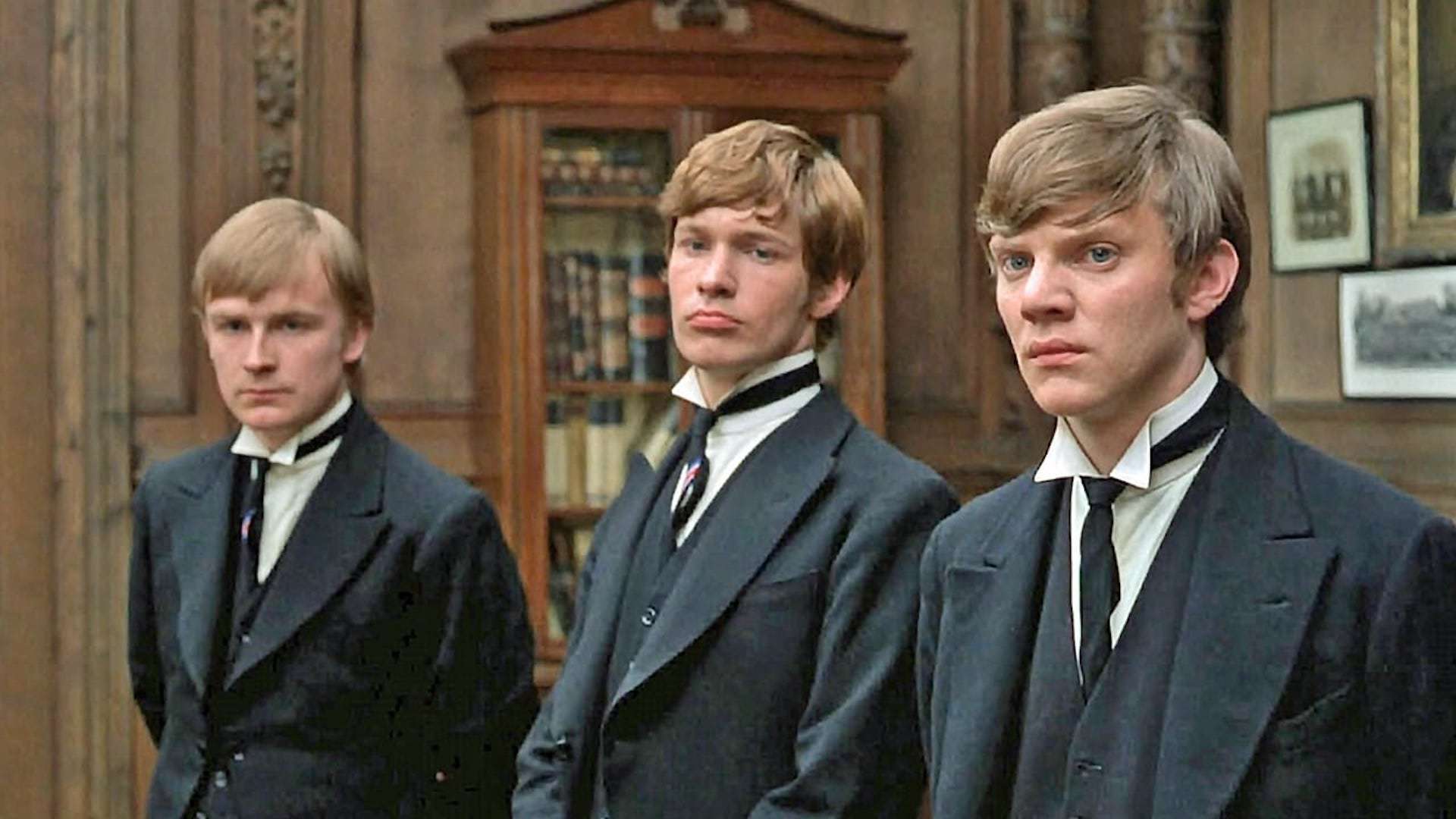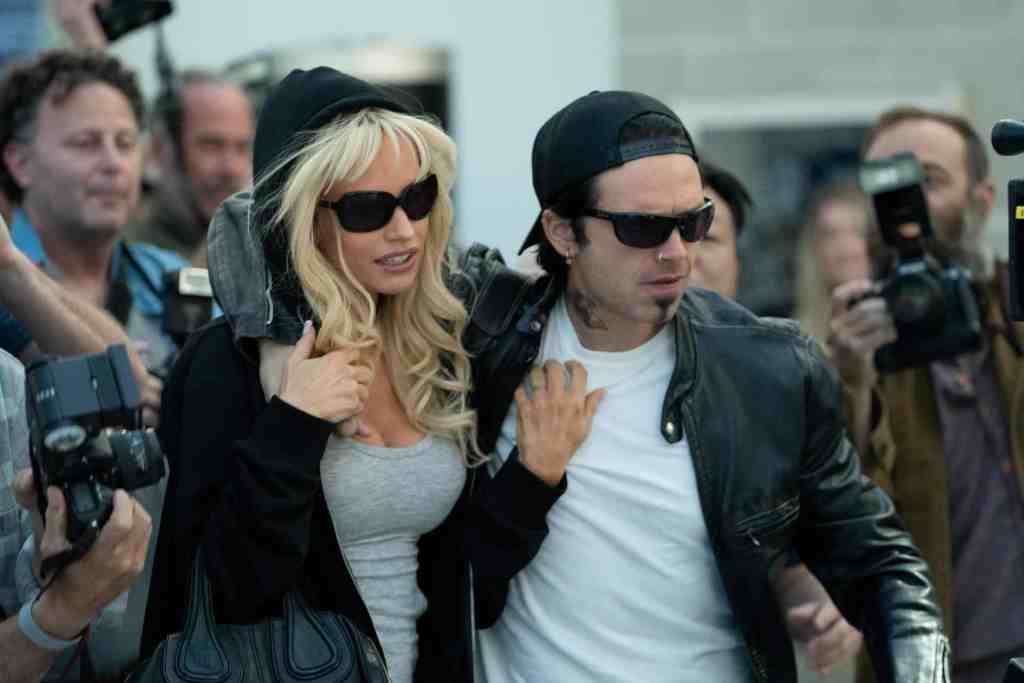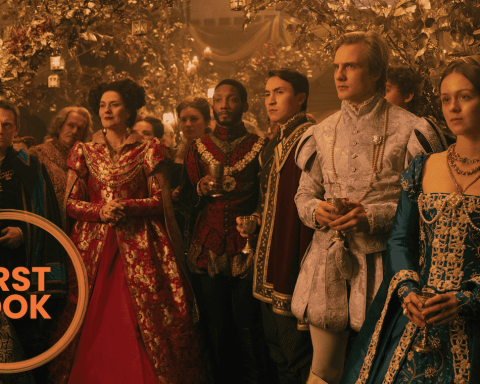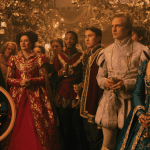
If…. is now available to stream and buy on Eureka Blu-ray.
Lindsay Anderson’s second feature film following This Sporting Life in 1963 is a complicated dissection of British Imperialism that continues to catch many viewers off guard 54 years after its release. Anderson dovetails social and political drama with classic coming-of-age themes as rebellion and teenage dreams take centre stage. If…. may take its title from Rudyard Kipling’s 1909 poem. But here, the Empire-laced themes of Kipling’s work are subverted into a tale of 60s teenage revolt.
Over the years, many have stated that If…. reflected the year of its release; after all, 1968 would see youth-led uprisings in both Paris and the USA. However, If…. was, of course, conceived much earlier than 1968. Therefore, one could also argue that its political messages merely arrived at the right time to spark interest among critics and journalists. For me, while If…. does indeed reflect the youthful rebellion of both 1967 and 1968, its roots are also held in a series of classic coming-of-age themes that transcend its time and place. However, unlike many coming-of-age movies, If…. laces these themes with a political and social dissection of the British state that is still sadly relevant today.
Anderson’s movie revolves around the lives of three boarding school boys: Mick (Malcolm McDowell), Wallace (Richard Warwick) and Johnny (David Wood). Mick Travis and his friends are students at a British public school run by Whips (senior students of standing). It is against this backdrop of peer obedience and ritualistic torment that Travis and Co. decide to mount a revolt against the establishment, our young heroes wielding firearms, lighting fires and engaging in violence as they realise that they can only dismantle the building blocks of imperialism from within.
However, the final revolt is held in a dream-like void, only intensified by Anderson’s use of black, white and colour film. Here, the narrative arc of If…. never allows the audience to fully decipher whether the actions of Travis and his friends are mere wish fulfilment or physical achievement. This creates an exciting dichotomy at the heart of If…. as to whether the roots of imperialism, class and tradition can ever be removed from British society. Here, we are asked to reflect on whether the beliefs and desires of Travis and his friends are merely adolescent dreams of an out-of-reach social revolution.
Anderson explores the control, subjugation, and intimidation of young people in the boarding school system with pin-sharp precision. He uses the camera to ridicule the pomp and ceremony of a system built on the foundations of the Empire. Here, his cutting exploration of British classism is rooted in his own experience of the public school system; in fact, one wonders how much of Travis is a mere reflection of Anderson’s simmering political beliefs during his teenage years. The apparent privilege of private education is, in fact, a gilded cage of expectation, formality and censorship. Its sole job is to maintain the status quo by churning out entitled yet controlled young men who have little understanding of the society they sit atop.
If…. digs deep to uncover the very roots of the British class system but leaves the findings of this excavation for its audience to unpick. Unlike other films based around teenage or school revolt, If…. asks questions rather than seeking to offer simplistic or easy answers. The build-up to the final explosive act is exquisite as our eager young rebels debate culture, equality, state, mortality and sex. Meanwhile, delicate yet brave discussions on homosexuality find a voice through the relationship between Wallace and a fellow student.
The result is a film that still reflects today’s teenage experience. Here, the bravery of its revolutionary dissection of the class system is enthralling, engaging and sadly still relevant 54 years later. If…. is a film that should be discussed in every film studies course, for this is the film that sparked a cinematic revolution, paving the way for A Clockwork Orange, Over the Edge, Heathers, Another Country and many more.
















You must be logged in to post a comment.